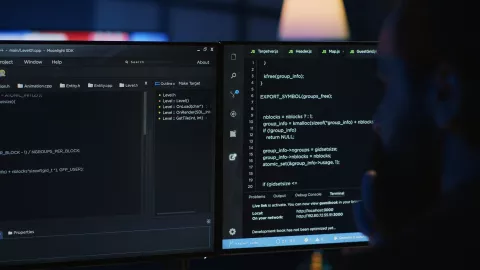Modern Approaches to Employee Appraisals

Traditional annual performance reviews often feel outdated, stressful, and ineffective. Many employees dread them, and managers struggle to provide meaningful feedback based on events that happened months ago. In today’s fast-paced and dynamic workplaces, companies are shifting toward modern appraisal methods that focus on continuous improvement, employee engagement, and real-time feedback.
Why Traditional Appraisals Fall Short
- Infrequent: Annual reviews don’t capture day-to-day performance.
- One-sided: Often dominated by manager opinions without employee input.
- Retrospective: Focuses on past mistakes instead of future growth.
- Stressful: A once-a-year event can feel like a high-stakes exam.
To remain competitive and retain talent, businesses are adopting modern, more agile approaches.
Modern Approaches to Employee Appraisals
1. Continuous Feedback Systems
Instead of waiting a year, managers and peers provide ongoing feedback through digital tools.
- Promotes growth in real-time.
- Reduces anxiety by normalizing feedback.
- Tools like Bizon360 HRM make feedback quick, structured, and trackable.
2. 360-Degree Reviews
Employees receive input not only from managers but also from peers, subordinates, and even customers.
- Encourages holistic performance evaluation.
- Reduces bias from a single evaluator.
- Builds self-awareness by highlighting strengths and blind spots.
3. Goal-Oriented Appraisals (OKRs & SMART Goals)
Appraisals are tied to measurable objectives instead of vague criteria.
- Aligns employee goals with company strategy.
- Makes progress easier to track.
- Encourages accountability and achievement.
4. Project-Based Reviews
Instead of yearly cycles, reviews happen at the completion of major projects.
- Recognizes effort immediately after results.
- Provides relevant and timely feedback.
- Helps employees see the direct impact of their work.
5. Employee-Led Self-Appraisals
Employees evaluate their own performance, often before a discussion with their manager.
- Encourages reflection and ownership.
- Gives managers insights into how employees perceive their contributions.
- Opens the door to more meaningful conversations.
6. AI-Powered Performance Insights
AI tools analyze productivity, skills development, and engagement to provide unbiased performance data.
- Identifies patterns managers may miss.
- Predicts future performance needs.
- Supports data-driven decision-making for promotions and training.
Best Practices for Modern Appraisals
- Make appraisals a conversation, not a judgment.
- Provide both positive reinforcement and constructive suggestions.
- Use digital HRM platforms to streamline and document processes.
- Focus on development opportunities, not just evaluation.
Final Thoughts
Employee appraisals are evolving from rigid annual reviews to continuous, growth-focused systems. By embracing modern approaches — from real-time feedback to AI-driven insights — companies can boost engagement, improve retention, and help employees reach their full potential.
- Log in to post comments


